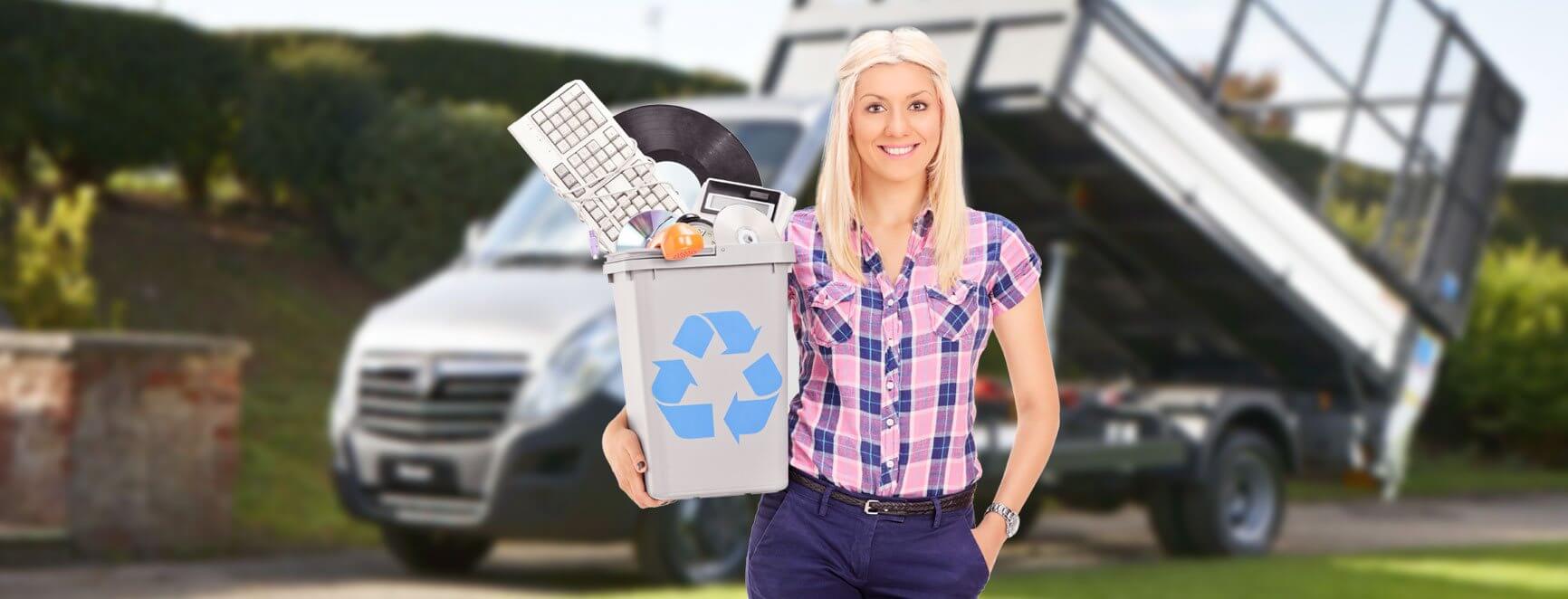Appropriate Bin Conduct
Posted on 13/11/2024
In today's world, where sustainability and eco-consciousness are gaining momentum, appropriate bin conduct plays a crucial role in effective waste management. Proper bin usage not only helps in maintaining cleanliness but also aids recycling efforts and reduces landfill waste. This article will guide you through the basics and intricacies of appropriate bin conduct.
Understanding Bin Labels
The first step to appropriate bin conduct is understanding the different types of bins and their labels. Typically, bins are color-coded and labeled for specific types of waste. Common classifications include:
- Recycling Bin: Often blue, for recyclable materials such as paper, cardboard, and certain plastics.
- Organics Bin: Generally green, for compostable waste like food scraps and garden waste.
- General Waste Bin: Usually black or gray, for non-recyclable waste.
- Glass Bin: Sometimes available separately for glass items.

Proper Sorting Techniques
Proper sorting of waste is paramount in appropriate bin conduct. Here are some key techniques:
- Rinse recyclable items: Ensure containers like bottles and cans are rinsed to avoid contamination.
- Remove non-recyclable components: For example, discard pizza box liners as they might be greasy while the box itself can be recycled.
- Flatten cardboard: To save space in the recycling bin, flatten cardboard boxes.
- Avoid plastic bags: Do not place recyclables in plastic bags as they can damage recycling machinery.
Common Mistakes and How to Avoid Them
Understanding common mistakes can significantly improve your bin conduct:
- Wish-cycling: Placing items in the recycling bin in the hopes they are recyclable. This can contaminate the batch, making it non-recyclable.
- Bagging recyclables: Putting recyclables in plastic bags can cause them to be sorted as garbage.
- Mixing recyclables: Different materials should be sorted and placed in their respective bins.
Community and Environmental Impact
Appropriate bin conduct positively impacts your community and the environment:
- Reduces landfill waste: Proper sorting helps in channeling waste to the appropriate facilities.
- Promotes recycling: Clean and sorted recyclables are easier to process and reutilize.
- Supports composting: Correctly disposing of organic waste helps in the production of compost.
- Maintains cleanliness: Proper waste disposal reduces litter and rodents.
Tips for Appropriate Bin Conduct
- Read Labels: Always read and follow the labels on bins.
- Educate Household Members: Make sure everyone in the household understands proper bin conduct.
- Use Clear Bags: If local rules allow, use clear bags for recyclables to avoid confusion.
- Keep Bins Accessible: Place bins in accessible areas to encourage their use.
- Stay Updated: Regulations and best practices can change, so stay informed.
Pros and Cons of Appropriate Bin Conduct
Pros:
- Reduces environmental pollution
- Supports recycling efforts
- Maintains community cleanliness
- Reduces landfill usage
Cons:
- Requires effort and vigilance
- May involve additional costs for different bins
- Can be confusing initially

Takeaways
Appropriate bin conduct is essential for effective waste management and environmental sustainability. By understanding and following bin labels, avoiding common mistakes, and staying informed, you can significantly impact your community's cleanliness and ecological footprint.
Conclusion
Appropriate bin conduct may seem like a small step, but its ramifications are extensive. It not only fosters a sustainable environment by reducing waste and promoting recycling but also contributes to a cleaner and healthier community. Make it a habit to sort and dispose of your waste correctly, educate those around you, and lead by example. The planet will thank you.





